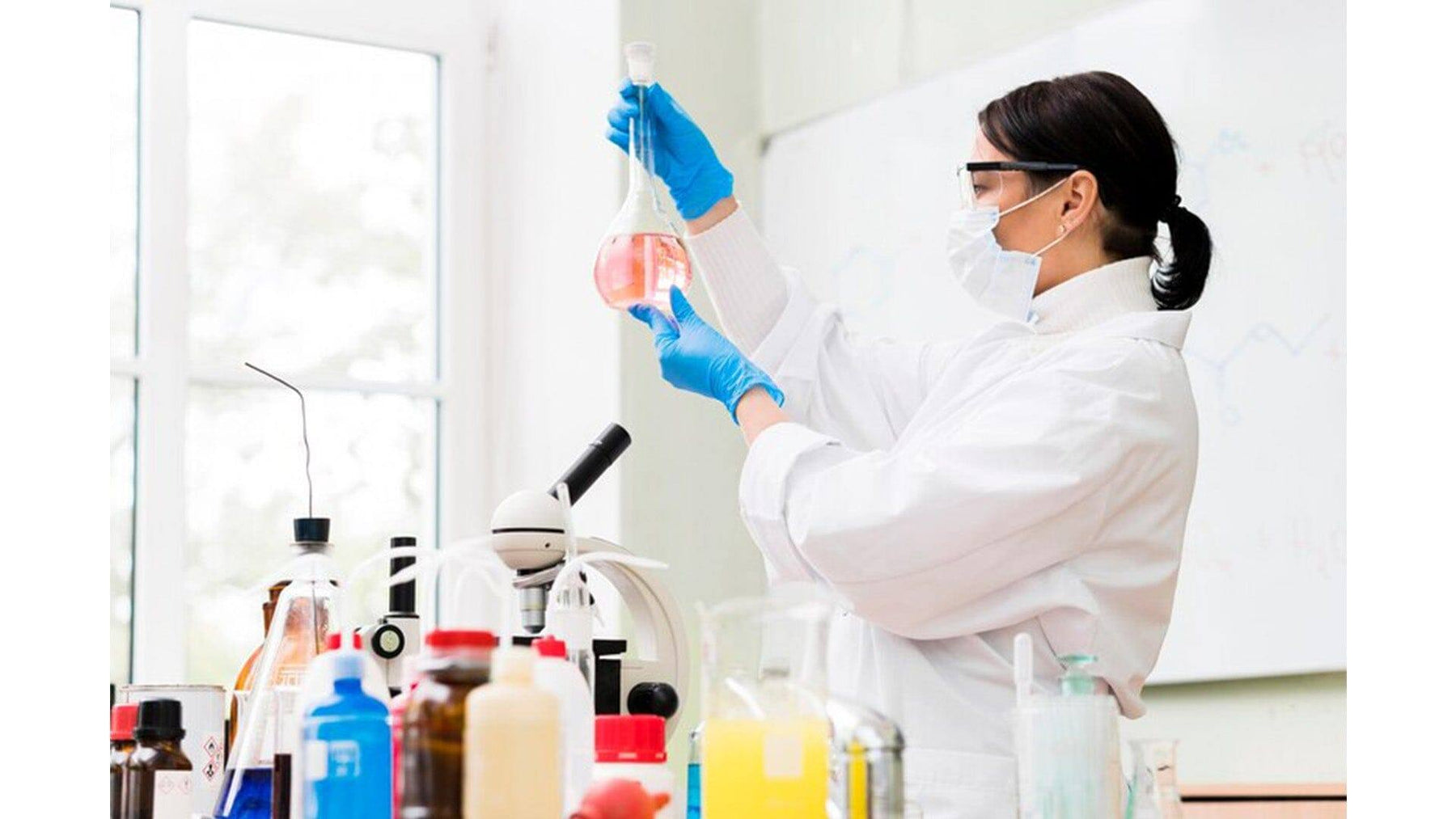
The Impact of Disposable Gloves in Schools, Colleges, and Universities
Schools and universities are bustling environments where education, creativity, and social interactions flourish. However, they are also spaces where the spread of germs and infections can occur rapidly, given the close proximity of students, staff, and various shared facilities. In recent times, the importance of hygiene and safety in educational settings has become even more evident. Disposable gloves have emerged as a valuable tool in promoting hygiene and protecting the health of students and staff. Let’s explore the impact of disposable gloves in schools and universities, highlighting their significance in safeguarding public health and fostering a conducive learning environment.
Maintaining Clean and Sanitary Facilities
Educational institutions are high-traffic areas, with numerous students using common facilities such as computer labs, libraries, and gymnasiums throughout the day. Wearing disposable gloves while using shared equipment and spaces can significantly reduce the risk of cross-contamination and the spread of germs.
Food Handling and Culinary Services
School cafeterias and university dining halls serve as hubs for social interaction and nourishment. Proper food handling is essential to prevent foodborne illnesses. Disposable gloves play a vital role in ensuring that food is prepared, served, and handled hygienically. Cafeteria staff can wear gloves while serving food or handling ingredients, minimizing direct contact and preventing the contamination of meals. This practice fosters a safer dining experience for students and staff, reducing the risk of potential outbreaks.
Science Laboratories and Hands-On Learning
Science laboratories are integral to educational institutions, providing students with hands-on learning experiences. However, these labs often involve the handling of potentially hazardous chemicals and materials. Disposable gloves serve as a protective barrier, shielding students from accidental exposure to chemicals or other substances. By incorporating disposable gloves into lab safety protocols, schools and universities can instill responsible scientific practices and ensure a safer learning environment for budding scientists.
Health Clinics and First Aid
Many schools and universities have on-site health clinics or first aid stations to attend to minor injuries or illnesses. Disposable gloves are essential in these settings, where health personnel can wear them while attending to students' medical needs. From applying bandages to administering medication, gloves prevent the risk of infection transmission and maintain a high standard of medical hygiene.
Compliance with Health Guidelines
During public health crises or disease outbreaks, schools and universities must comply with health guidelines to protect the well-being of students, staff, and the broader community. Wearing disposable gloves can be an effective measure to minimize the spread of illnesses and demonstrate a commitment to public health. During the COVID-19 pandemic, for example, disposable gloves became a common sight in educational settings, serving as a preventive measure to reduce virus transmission.
Disposable gloves have become an indispensable part of the health and hygiene measures implemented in schools and universities. By incorporating disposable gloves into their daily routines, educational institutions demonstrate their commitment to creating a healthy and conducive learning environment. As schools and universities continue to prioritize hygiene and safety, the use of disposable gloves will remain a cornerstone in safeguarding public health and fostering a positive educational experience for all.

Leave a comment